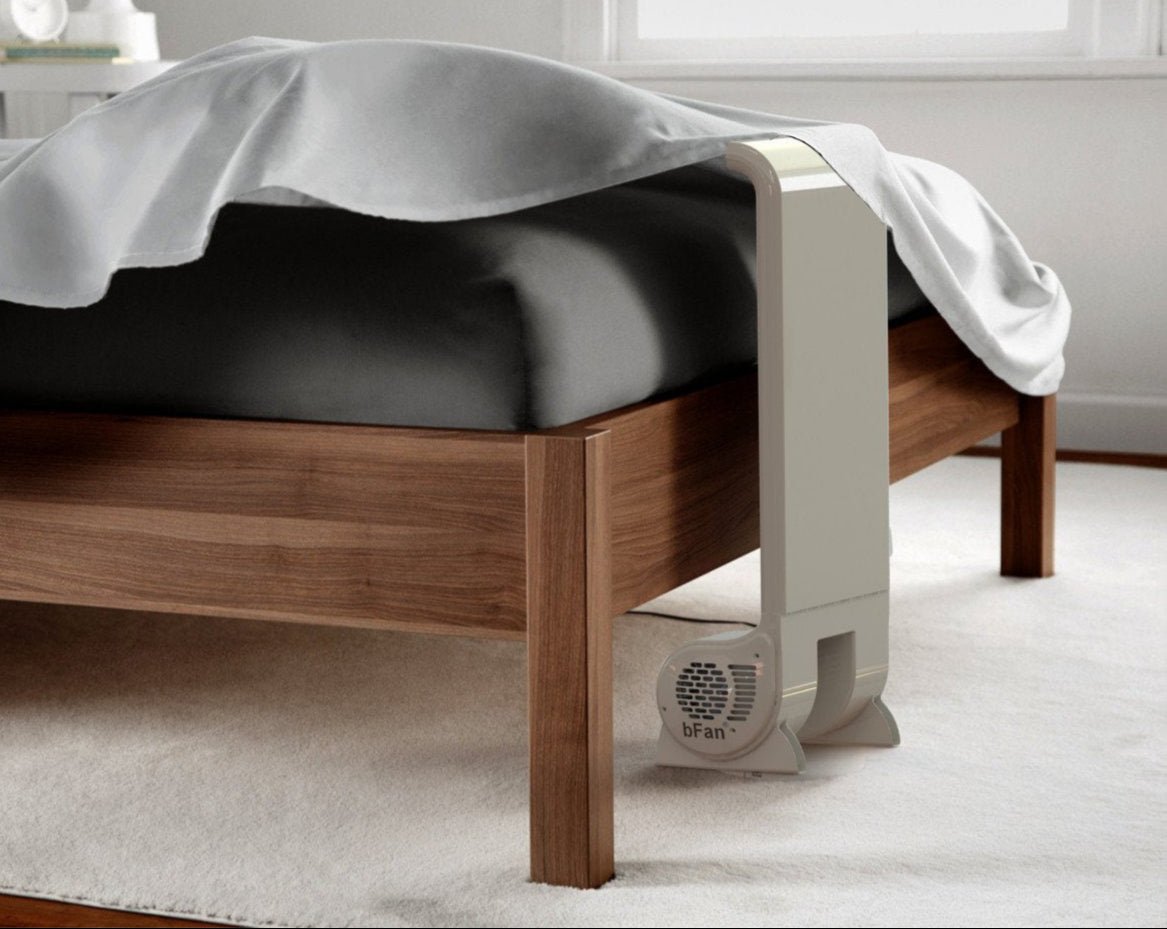What Causes Insomnia?
One of the most common sleep disorders, affecting around 35% of adults, is the sleep-stealing disorder insomnia (Sleep Foundation). Those who have insomnia have difficulty falling asleep or getting a whole, restful night of sleep. While falling back asleep in the morning after waking up too early is easy for most, those with insomnia struggle to go back to sleep. Insomnia, especially long-term, can cause even more significant issues such as daytime sleepiness, poor mental health, and brain fog. These issues can then cause damage to the insomniac's life and relationships. We will cover the reasons for such sleeplessness and the types of insomnia that one can experience.
Types of Insomnia
Depending on what is causing insomnia, it can be labeled as one of two different types of insomnia. The first is primary insomnia, which is insomnia caused by something outside of health issues, substances, or medications. The second is secondary insomnia, which means that a health issue, substance, or medication is causing insomnia.
There are then three types of primary insomnia: idiopathic, SSM (sleep state misperception), and stress-related (Psychiatric Times). The most common type, idiopathic insomnia, is insomnia that is genuinely not caused by any identifiable factors. The rare SSM condition (commonly known as paradoxical insomnia) is the misjudging of how much sleep the person is getting. They may believe that they only got two or three hours of sleep when they actually got a full seven or eight. People with SSM likely bounce between wakefulness, stage one sleep, and light sleep, all while remaining very aware of their surroundings (Verywell Health). This causes them to feel as though they have not gotten enough sleep. The last type of primary insomnia, stress-related, can be caused by mild stress or anxiety.
Primary insomnia can also be caused by more minor things, such as the atmosphere of the bedroom. Loud noises from outside, too bright of lights, or a too-hot room can all interrupt sleep and cause insomnia. Changes to the regular sleep schedule, such as jet lag, staying up too late, or working nightshifts, can also cause insomnia. Luckily, this kind of insomnia is short-lived and solved with a change of habit. This could be like wearing an eye mask, using ear plugs, or investing in a bFan bed fan to keep your mattress cool.
Secondary insomnia is more of a symptom of another issue than an issue itself. These issues vary widely, from mental health to medications. Insomnia commonly occurs as a symptom of mental health disorders such as anxiety or depression. As many as 80% of people with depression have trouble falling asleep- and those with chronic insomnia are three times more likely than others to develop depression (WebMD). Insomnia can be a symptom of other health issues like sleep apnea, hyperthyroidism, diabetes, and more. Medications for colds, allergies, depression, and more can cause trouble sleeping. Everyday substances like caffeine, alcohol, and tobacco can cause secondary insomnia, too.
There are also general factors that make the risk of having insomnia even higher. Pregnancy and the usual hormonal changes that come with being a woman make it more likely for women to struggle with insomnia (Mayo Clinic). Being over the age of 60 or a teenager also increases the chances due to changes in sleep patterns. If you are suffering from this insomnia, look at our list of who to talk to about sleep problems and get the help you need.
https://www.sleepfoundation.org/insomnia/what-causes-insomnia
https://www.verywellhealth.com/definition-of-paradoxical-sleep-3014904
https://www.psychiatrictimes.com/view/primary-insomnia-lifelong-problem
https://www.webmd.com/depression/features/sleep-problems
https://www.webmd.com/sleep-disorders/insomnia-symptoms-and-causes
https://www.mayoclinic.org/diseases-conditions/insomnia/symptoms-causes/syc-20355167
Share

